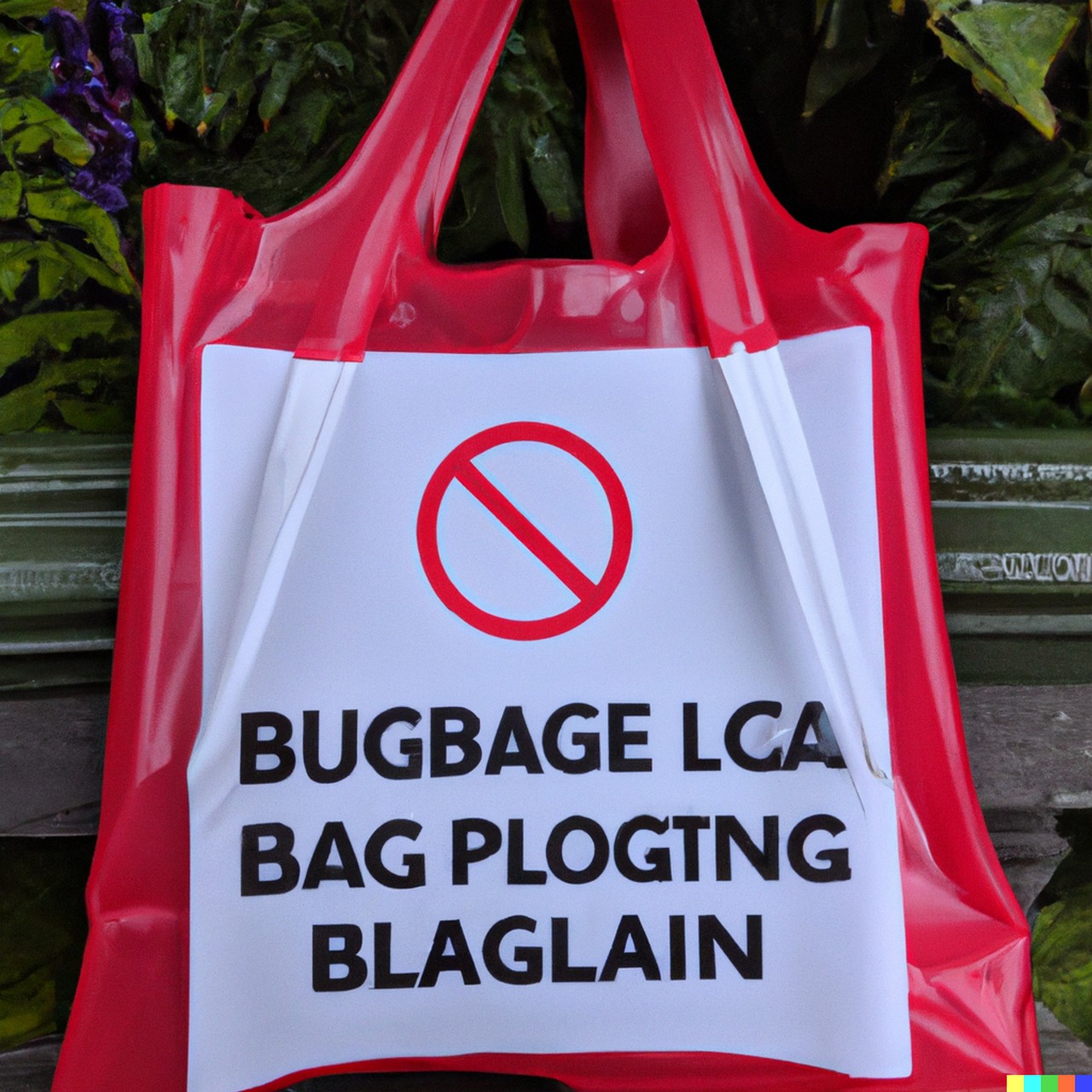Plastic bags are a ubiquitous part of our daily lives. We use them to carry groceries, pack lunches, and store items. However, plastic bags are also one of the most common forms of single-use plastic, which means they are used once and then thrown away. This raises the question: Are plastic bags bad for the earth? The short answer is yes, and in this article, we will explore the negative impact of plastic bags on our planet, as well as ways to reduce their harmful effects.
The Environmental Impact of Plastic Bags:
- The Production of Plastic Bags Contributes to Climate Change
- Plastic Bags Harm Wildlife and Marine Ecosystems
- Plastic Bags Take Hundreds of Years to Decompose
The Problem with Single-Use Plastics:
- Single-Use Plastics Contribute to Pollution and Waste
- Single-Use Plastics are Costly to Produce and Dispose of
- Single-Use Plastics are Often Unnecessary
The Challenges of Recycling Plastic Bags:
- Plastic Bags are Difficult to Recycle
- Contamination Can Render Plastic Bags Unrecyclable
- Recycling Alone is Not Enough to Solve the Plastic Bag Problem
Alternatives to Plastic Bags:
- Reusable Bags
- Paper Bags
- Biodegradable Bags
- Other Plastic Alternatives
The Role of Government and Industry in Reducing Plastic Bag Use:
- Regulations and Bans on Plastic Bags
- Industry Efforts to Reduce Plastic Bag Use
- The Importance of Consumer Education and Behavior Change
FAQs about Plastic Bags and the Environment:
- How Long Does It Take for a Plastic Bag to Decompose?
- How Do Plastic Bags Harm Wildlife?
- Can Plastic Bags Be Recycled?
- Why Are Plastic Bags Still Widely Used?
Bullet Points
The Environmental Impact of Plastic Bags:
- Plastic bags are made from nonrenewable fossil fuels and contribute to climate change.
- Plastic bags harm wildlife and marine ecosystems by polluting the environment and endangering animals.
- Plastic bags can take hundreds of years to decompose, leading to long-lasting environmental harm.
The Problem with Single-Use Plastics:
- Single-use plastics contribute to pollution and waste.
- Single-use plastics are costly to produce and dispose of.
- Single-use plastics are often unnecessary and can be replaced with more sustainable alternatives.
The Challenges of Recycling Plastic Bags:
- Plastic bags are difficult to recycle due to their lightweight and thin nature.
- Contamination from food and other waste can render plastic bags unrecyclable.
- Recycling alone is not enough to solve the plastic bag problem and must be paired with reduction and reuse efforts.
Alternatives to Plastic Bags:
- Reusable bags made from canvas, cotton, or other durable materials.
- Paper bags made from recycled paper.
- Biodegradable bags made from plant-based materials.
- Other plastic alternatives such as silicone bags or glass containers.
FAQs
How Long Does It Take for a Plastic Bag to Decompose?
- Plastic bags can take anywhere from 10 to 1,000 years to decompose, depending on the environment and conditions.
How Do Plastic Bags Harm Wildlife?
- Plastic bags can
Can Plastic Bags Be Recycled?
- Yes, plastic bags can be recycled, but they are difficult to recycle due to their lightweight and thin nature, and contamination can render them unrecyclable.
Why Are Plastic Bags Still Widely Used?
- Plastic bags are still widely used due to their low cost and convenience, but there are efforts to reduce their use and promote more sustainable alternatives.
Conclusion
In conclusion, plastic bags are bad for the earth and have a negative impact on the environment. The production of plastic bags contributes to climate change, and they harm wildlife and marine ecosystems by polluting the environment and endangering animals. Plastic bags also take hundreds of years to decompose, leading to long-lasting environmental harm.
To reduce the negative impact of plastic bags, it’s important to promote sustainable alternatives such as reusable bags, paper bags, and biodegradable bags. Government regulations and industry efforts can also play a role in reducing plastic bag use, but ultimately, consumer behavior change is crucial in promoting more sustainable choices.
By taking small steps such as bringing your own reusable bags to the grocery store, you can make a big difference in reducing the negative impact of plastic bags on our planet. So the answer to the question, “Are plastic bags bad for the earth?” is a resounding yes, but by working together, we can reduce their harmful effects and create a more sustainable future.
